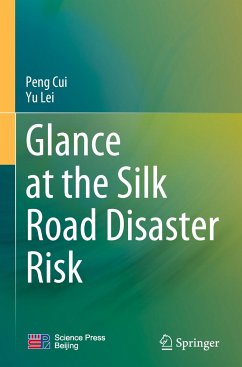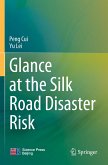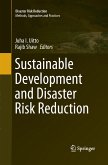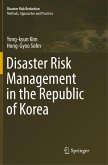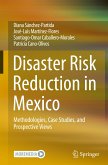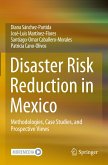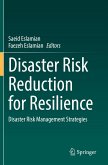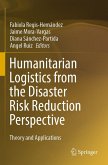This book vividly shows the fostering environment, activity characteristics, distribution pattern, economic losses, casualties, disaster risks and management of earthquakes, mass movement, drought, floods, and marine disasters in the Silk Road region. It develops a multi-scale and multi-disaster risk assessment method to better assess and understand the Silk Road disaster risk. A multi-level collaborative risk management model has been proposed for transboundary disasters, and it also shares case studies on major disaster risk management. The book makes a major step forward to increase the understanding of the disaster risk of the Silk Road region. It presents a holistic understanding of the natural hazards and their induced disaster risks and is a valuable read for scholars, stakeholders and practitioners in the DRR community.
Bitte wählen Sie Ihr Anliegen aus.
Rechnungen
Retourenschein anfordern
Bestellstatus
Storno

